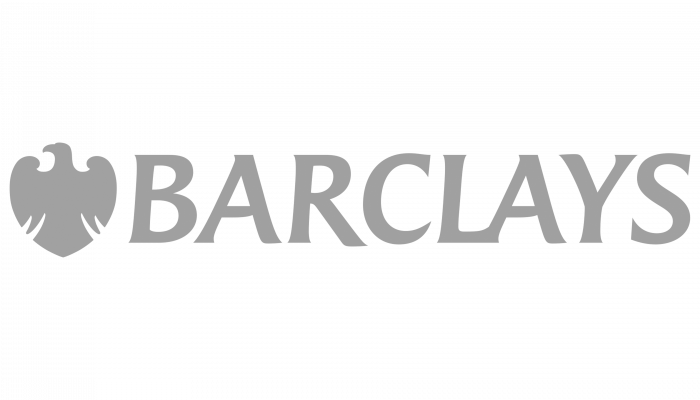Mortgage interest rates remain low but with first-time buyers now regularly in their thirties and older, the monthly cost of borrowing is still sometimes relatively high. This is because most lenders will not extend a loan past a borrower’s retirement age.
In many cases a 40 year old first-time buyer borrowing £200,000 will have found that his maximum loan period is 27 years. That is, until his 67th birthday. In itself, this isn’t a particular problem, as many borrowers have always taken 25 year mortgages. However, with first-time buyers now older, the opportunity to benefit from an increase in home equity and thus gear it up and move house and take a second mortgage during your peak earning years in your thirties and forties is becoming a thing of the past - at least for most.
Should the older first-time buyer decide to move on to larger premises 10 years later (at age 50) he might find his lender will only loan money over 17 years. That makes for a high monthly repayment as a larger part of his mortgage repayment is made up of capital.
Until recently this problem has not really been addressed but in the more recent past we’ve seen some mortgage lenders extending the period over which they will lend up to 70 or 75 years of age. In fact, some lenders are now offering mortgages to people until 85 - although in all these cases there is catch.
Many mortgage lenders will lend to older borrowers but they generally have other criteria, the primary one being no different to the lending criteria for younger borrowers, namely affordability. A borrower must be able to demonstrate that they have a pension or other income in place that will extend past retirement if they are to borrow past that date. Other lenders will insist borrowing is at no more than 60% Loan to Value (LTV) or the loan may be capped to a maximum.
For younger borrowers that are able to buy in their twenties, the opportunity to take a mortgage for longer is, of course, of some benefit. A loan of £130,000 at 3.5% interest, taken over 25 years, might require a monthly repayment of £650 per month, whereas the same loan taken over 35 years might cost just £537 per month.
The ability to borrow for longer and reduce monthly repayments is appealing to first-time buyers, although the downside is that the debt exists for longer and is paid down more slowly, meaning that the amount of interest paid over the term of the loan will be significantly more.
A £130,000, 25 year mortgage at 3.5% might cost the borrower £65,000 in interest over the term of the loan whereas over 35 years the same loan might cost them over £95,000 in interest (half as much again). This is worth considering when making a borrowing decision!
In addition to your standard mortgage lifetime home equity loans are now popular amongst those entering retirement with little in the way of pension or investments but with a large amount of equity in their homes. These loans are secured on their homes and are repayable, together with accrued interest, after their death.
We suggest you take advice from the experts before you make a decision. For independent professional advice on all your mortgage needs contact us on 01628 507477.
Related articles:
Recent posts
Skipton Building Society launches ‘Delayed Start’ mortgage meaning first time buyers won’t be required to make repayments for the first three months.
According to a survey by Skipton, first time buyers who bought their home in the last five years found that in the first three months of living there, they were spending upwards of £30,000.
Gardening Tips for Beginners
5 days ago
If you have recently moved into a property with a garden that requires a little TLC, or you’d like to get on top of your current green space, check out our tips.
The Family-Backed Mortgage from NatWest
8 days ago
High street lender, NatWest, have launched a new product to help first-time buyers purchase a property with assistance from a family member or friend to get them on the property ladder sooner.
‘Buy Now, Pay Later’ (BNPL) schemes, such as ‘Klarna’ are short-term loans that allow shoppers to make a purchase, but delay paying for it for an agreed amount of time.
Klarna is one of the most popular BNPL services with 18 million customers in the UK alone, and offers interest-free payment options which is appealing to shoppers. However, does it affect a mortgage application?
Buy to Let mortgages: what's happening?
14 days ago
We look at how to get the best Buy to Let mortgage rate, what's in store going forward, and options as a landlord with increasing costs.
UK mortgage rates following Trump’s Tariffs
23 days ago
Throughout this past week, lenders have continued to reduce their mortgage rates giving borrowers in the UK some welcome news following the change in global tariffs under US President, Donald Trump.
Effective ways to relieve stress
23 days ago
Did you know that buying a house, or relocating is in the top 10 most stressful life events?
Stress of course is an unavoidable part of life and there are many reasons why people experience stress, not just buying a house!
There are lots of effective ways to manage and reduce stress, check out our tips to help you.
With the stamp duty relief ending in England and Northern Ireland, we have listed the top 10 cheapest areas for first-time buyers as published by Rightmove.



























